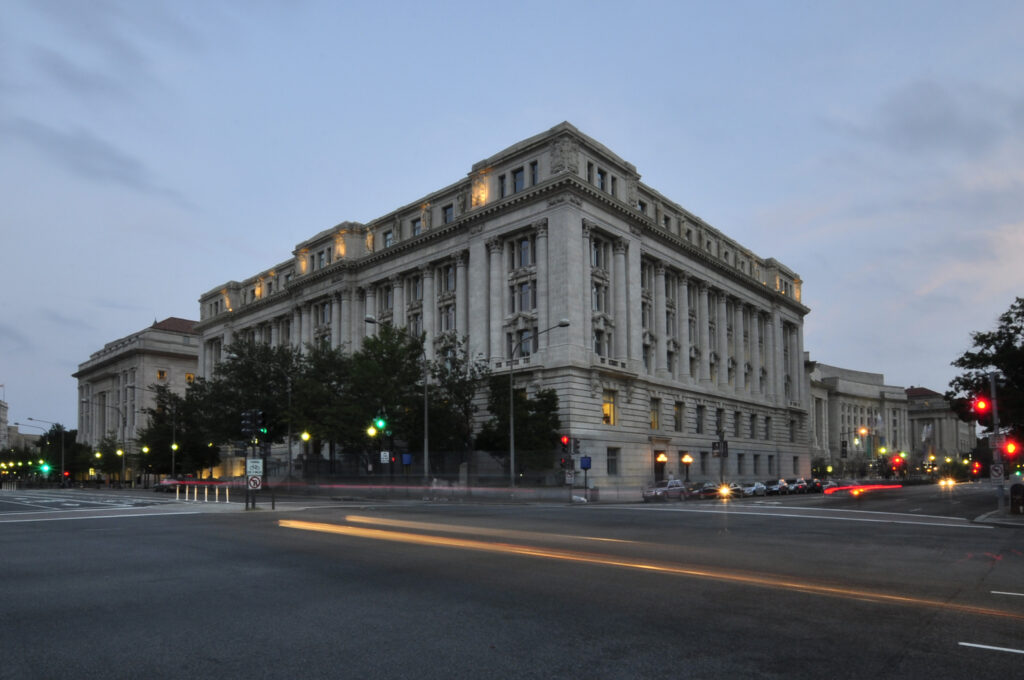“The Council has gone through yet another budget process while the commission has sat on its hands.”
WASHINGTON, D.C. — Councilmember Brianne K. Nadeau, D-Ward 1, joined by councilmembers Charles Allen, Janeese Lewis-George, and Zachary Parker, introduced legislation this week to establish a permanent Tax and Revenue Commission in response to the failure of recent tax revision commissions to deliver recommendations.
“The Council has gone through yet another budget process while the commission has sat on its hands,” Nadeau said. “The budget we just passed includes changes to the property tax, which I very much support, but the Council should have had recommendations from the commission for our consideration. That was the job of the tax revision commission, which again missed its deadline and let politics torpedo the release of recommendations at the last minute.”
Under Nadeau’s proposed Tax and Revenue Commission Establishment Act of 2024, the new, permanent commission would be charged with researching and recommending changes to the District’s taxes and other revenues to provide more equity, broaden the tax base, encourage business growth, assess the impact of fines and fees, and increase transparency in the tax code.
“Every year that we consider the budget without the benefit of recommendations from the tax commission is a year that we could be doing more to benefit District residents,” she said. “Instead, we do our best to make piecemeal tweaks, without the benefit of the comprehensive look we need from the commission.”
Nadeau says the proposed legislation would set clear rules and procedures for the commission and professionalize the body – currently a once-a-decade volunteer appointment.
Among the highest priorities for Nadeau are consideration of the business activity tax, splitting the property tax rate into separate taxes for land value and improvements value, how the District can create a dedicated funding source for WMATA, and adding progressivity to the income tax.
The legislation would establish a permanent commission that would meet regularly and issue a report every 10 years with comprehensive recommendations. In the intervening years, the commission would examine individual revenue sources, with the ability to provide the Council and Mayor expert analysis on tax and revenue proposals. For the first time, the commission would be authorized to also review fees, fines, and other significant non-tax revenue sources.
The commission would be made up of seven voting members – three appointed by the Mayor and three by the Council Chairman, plus the executive director of the commission, who would be appointed by the Council Chairman. The six appointed members would be experts in taxation, tax law, or public finance. Non-voting members would include the District’s chief financial officer, the Council budget director, and two representatives each appointed by the Mayor and the Council Chairman, representing community and business.
“I have long believed that the District’s wealthiest residents should be asked to do the most for those in need and an increased tax on the highest value homes is much needed,” Nadeau said. “For the first time, in the FY 25 budget, we are adding progressivity to the property tax, which currently disproportionately burdens lower-income residents. We can do more, and we need to do it responsibly, with good, non-politicized information and recommendations.”
###
